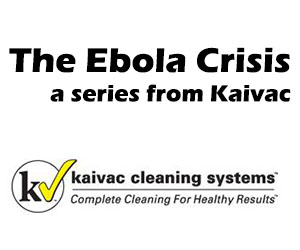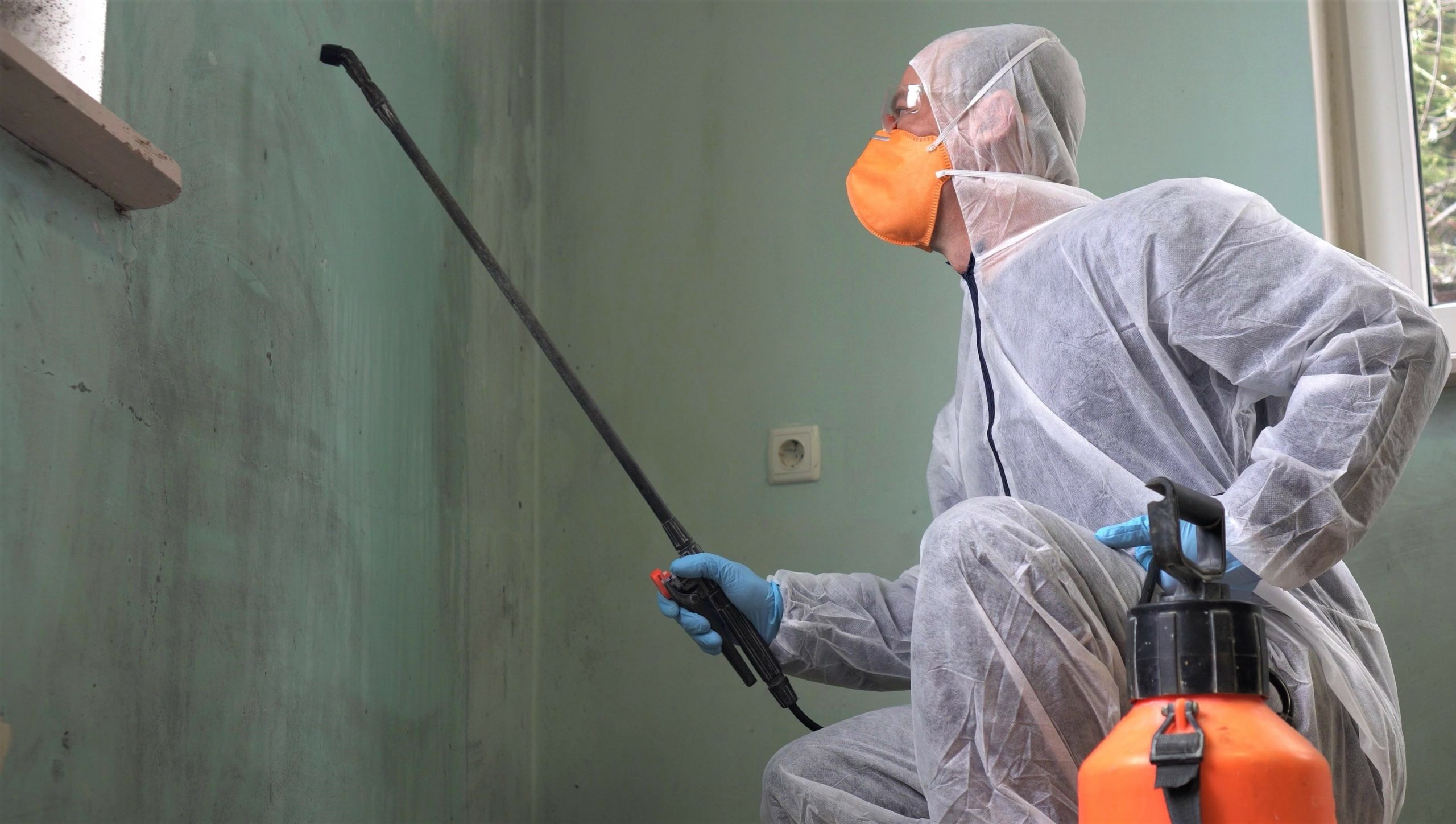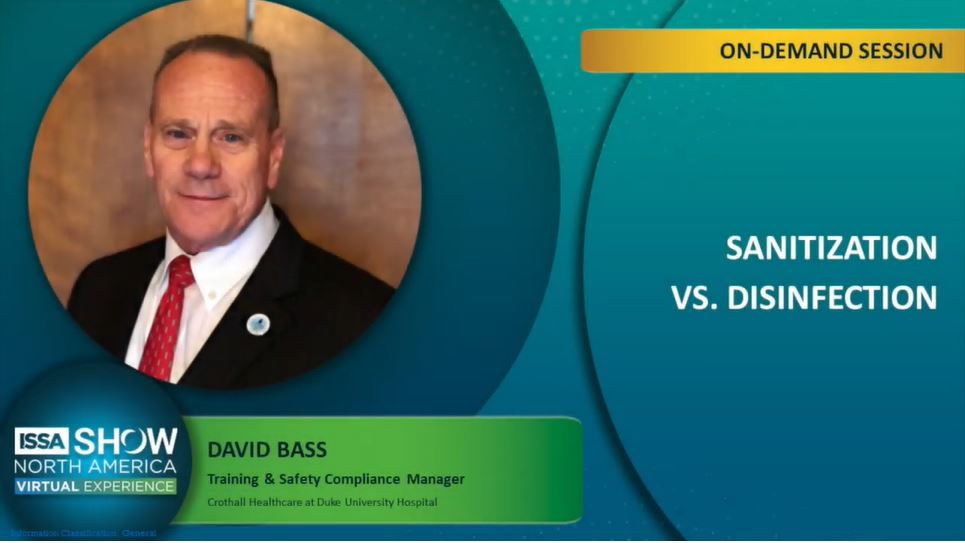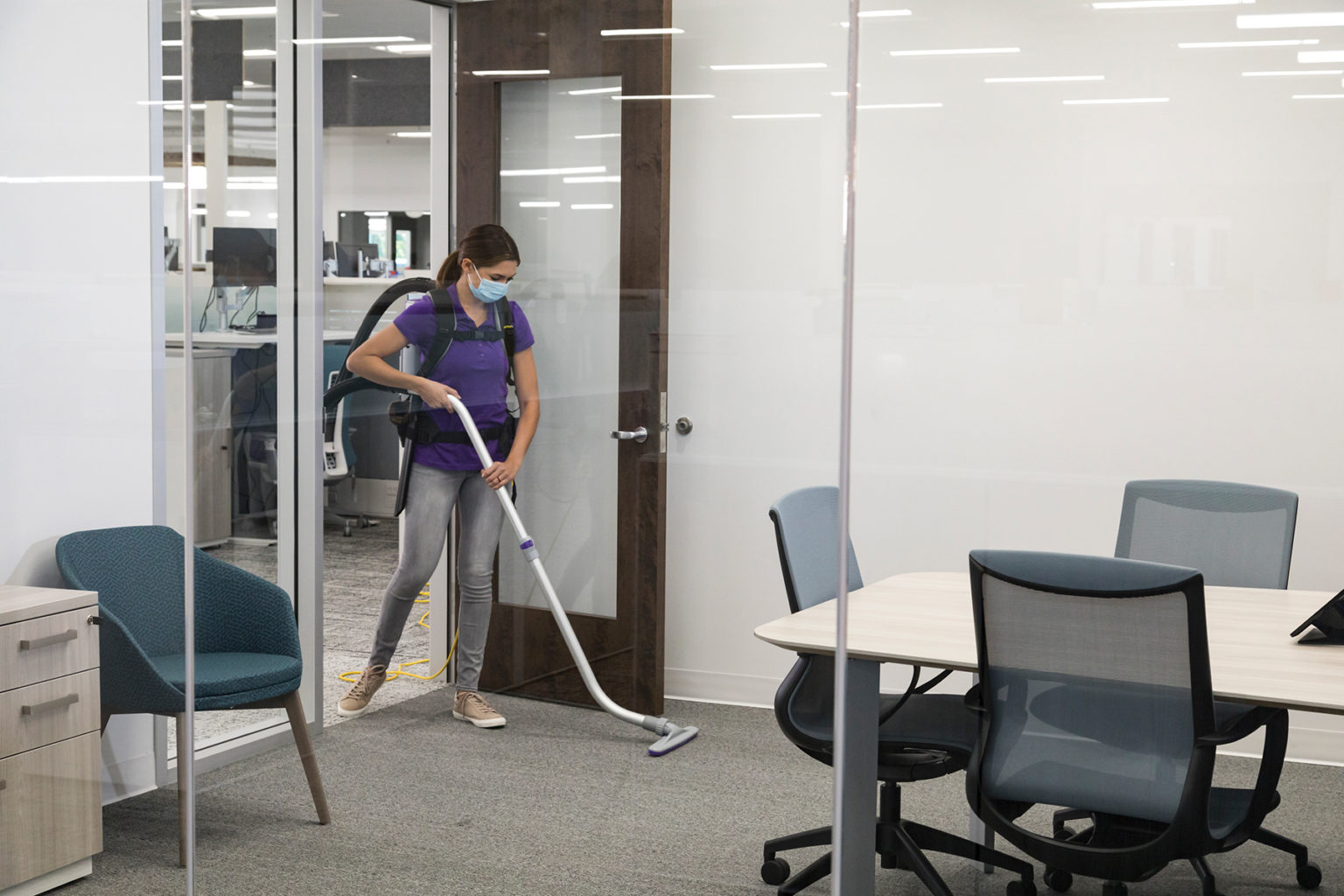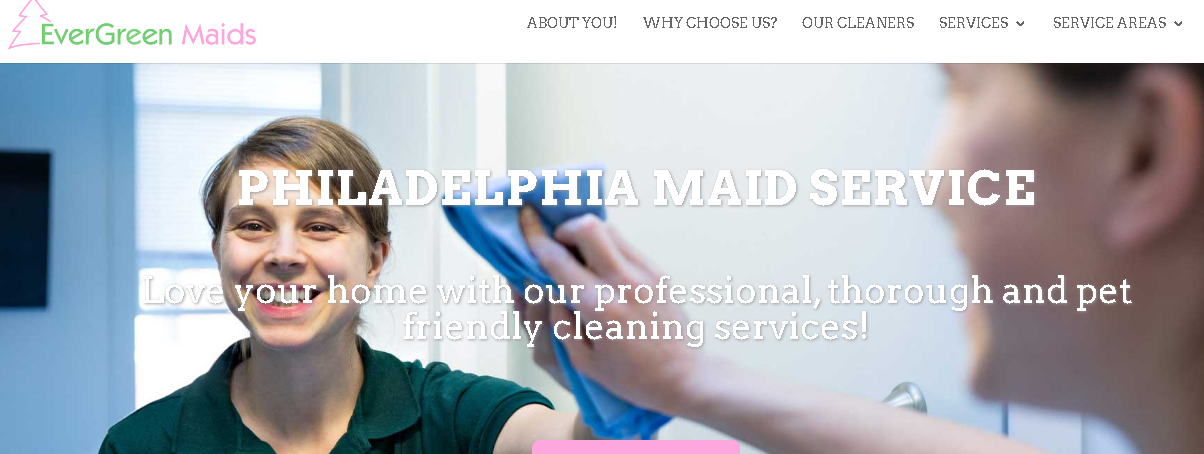The Ebola Crisis
Protecting Yourself from Serious Illness: Avoid Touching Dollar Bills
Hamilton, OH – As part of its series of advisories on how cleaning professionals can protect themselves from serious infection-especially now that Ebola has made it to the United States-Kaivac, developers of the No-Touch® and OmniFlex™ cleaning systems, suggests one way is to avoid handling dollar bills.
“While this sounds a bit extreme, the truth is infections can and do live on paper bills for many days after they have been touched by a person with the flu or some other infection,” says Matt Morrison, Communications Manager for Kaivac. “What this is really telling us is that when it comes to stopping the spread of infection we have to be on guard and take precautions at all times.”
In this case, Morrison advises cleaning workers to wear gloves and wash hands frequent as well as keeping a ready supply of hand sanitizers nearby at all times. As to other ways cleaning professionals can protect their health during their day-to-day activities, now with the Ebola scare and whenever the spread of infection is a concern, he advises the following:
- Avoid shaking hands; use the knuckle bump instead.
- Avoid large groupings of people; while Ebola specifically is not an airborne disease, if an ill person coughs, droplets can become airborne and pose a risk.
- Do not share tools with other cleaning workers.
- Do not wear personal protection gear (gloves, etc.) used by someone else.
- Avoid sharing facility keys with other cleaning workers; in a larger facility, have one worker in charge of opening and locking all interior doors.
- Install hand sanitation stations in all janitorial closets.
- Politely keep a distance from office and cleaning workers if a public outbreak of a disease is a concern.
- If concerned about touching something in a facility setting, don’t; refer the matter to a supervisor.
“This is a perfect time to also develop an infection-control training program,” adds Morrison. “Should there be more Ebola cases in the United States, this will probably become routine and frequent for cleaning crews throughout the country.”
###
Media Contact: Robert Kravitz, rkravitz@rcn.com, 773-525-3021

